How to Build an Anti-Aging Skincare Routine
Consistency in Skincare
When it comes to anti-aging, a little bit of care each day really adds up! The idea that starting skincare early might “spoil” your skin? Total myth! In fact, introducing nourishing serums or hydrating products when you’re young can do wonders if used regularly. But here’s the key: it’s all about consistency. Choose products you enjoy and can comfortably afford—something sustainable for the long haul. After all, it’s better to stick with a routine of simple, effective products every day than to splurge on high-end products you can’t keep up with.
Primary Aging Factors
Sun Exposure: Exposure to UV rays is a major culprit in skin aging, leading to spots, wrinkles, and sagging. UVA rays, which penetrate deeper into the skin, are present all year, so applying sunscreen daily is crucial—no matter the season or weather.
Summer Heat and Sunlight: High temperatures combined with UV rays can heighten sun sensitivity, prompting melanin production and increasing the risk of spots and pigmentation. Avoiding prolonged exposure to intense heat helps keep skin youthful and reduces premature aging effects.
Summer Skin Challenges
Temperature Swings: Switching between hot outdoor temperatures and cooler indoor environments can put stress on your skin, affecting its natural barrier. This can lead to inflammation, irritation, and even dark spots.
Sebum and Sweat: The warmer weather makes your skin produce more oil and sweat, which can clog pores and cause irritation. When the balance of sebum is disrupted—especially with an increase in free fatty acids—it can also contribute to pigmentation and other skin issues.
☀️Morning Routine for Anti-Aging

Cleanser: Start with a gentle, hydrating cleanser to remove dirt and impurities without stripping your skin’s natural moisture. Look for ingredients that help support the skin’s moisture barrier for a healthy glow.
Toner: After cleansing, apply a toner to balance your skin and prep it for better absorption of the next steps. Choose anti-aging toners with ingredients like rose extract to refresh and smooth the skin.
Antioxidant Serum: Vitamin C is your best friend in the morning! Apply a serum to protect your skin from free radicals, boost collagen production, and brighten your complexion. This helps combat the effects of sun damage and oxidative stress.
Eye Cream: The skin around your eyes is delicate, so opt for an eye cream that’s rich in hydrating and firming ingredients. It will target fine lines, dark circles, and puffiness to keep your eyes looking fresh.
Dark Spot Treatment: If you have any dark spots or hyperpigmentation, this is the time to apply a dark spot corrector to help even out your skin tone and reduce discoloration.
Moisturizer: Lock in moisture with a day cream that offers anti-aging benefits. This step helps maintain skin softness and hydration throughout the day.
Sunscreen: The final and most important step! Use a broad-spectrum SPF 50+ sunscreen to protect your skin from both UVA and UVB rays. Sunscreen helps prevent further aging and protects your skin from the sun’s harmful effects, no matter the weather.
🌙Night Routine for Anti-Aging
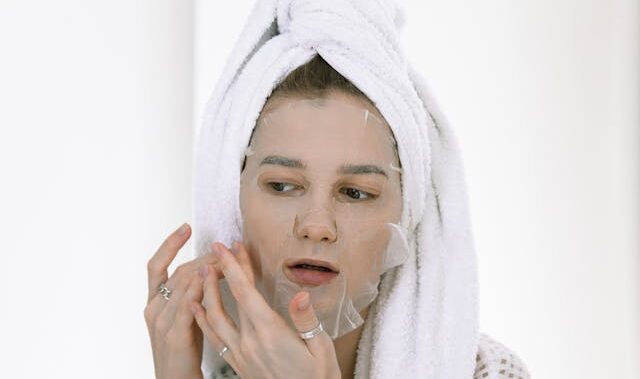
Cleanser: Start by cleansing your skin to remove makeup, dirt, and daily impurities. A fresh face ensures that your nighttime products can work effectively without any barriers.
Toner: Follow up with a soothing toner to hydrate and calm the skin. This helps to prep your skin for better absorption of the next treatments and provides a fresh base for the night.
Face Mask: Once or twice a week, use a nourishing face mask to give your skin an intensive boost of hydration and promote skin renewal. Look for masks with hydrating, brightening, or calming ingredients to target your skin’s needs.
Eye Cream: Reapply your eye cream to support restoration around the delicate eye area. The night is the best time to focus on reducing puffiness, dark circles, and fine lines.
Dark Spot Treatment: If you have dark spots or hyperpigmentation, use your dark spot treatment again. Nighttime is perfect for this step because the skin naturally renews itself, and treatments can work more effectively during rest.
Night Cream: Choose a rich, nourishing night cream that helps repair and deeply hydrate the skin. It should also help address fine lines and boost skin firmness overnight.
Face Oil: Finally, lock in all the benefits of the products you’ve applied with a nourishing face oil. It helps seal in moisture, provides added hydration, and leaves your skin looking radiant by morning.
Five Lifestyle Habits to Slow Aging
1. Gut Health
Your gut health plays a key role in aging. A balanced gut microbiome supports overall health, including skin vitality. Products like fermented jellies, rich in probiotics, help maintain regularity and promote gut health. A healthy gut can reduce inflammation, improve digestion, and give your skin a natural glow.
2. Exercise
Regular physical activity is vital for overall well-being and helps slow the signs of aging. It doesn’t have to be intense—just consistent movement. Core exercises, even those you can do at home, can help improve posture, strength, and body awareness. And don’t forget occasional sessions with a trainer for variety and expert guidance to make sure you stay engaged.
3. Quality Sleep
Sleep is essential for skin regeneration. It’s not about how long you sleep but the quality of that rest. Deep sleep shortly after you fall asleep encourages the release of growth hormones that stimulate skin repair and renewal. A good night’s sleep supports everything from skin elasticity to immune function, so make sure your routine prioritizes it.
4. Collagen Intake
As we age, our natural collagen production decreases, but you can support your skin by adding collagen supplements to your diet. Collagen is essential for skin elasticity, hydration, and vascular health. Additionally, antioxidants like vitamins C and E, along with astaxanthin, help fight chronic inflammation and promote collagen formation, keeping your skin firm and youthful.
5. Supplement Smartly
To maintain youthful, glowing skin, consider incorporating supplements that support internal health. Supplements can fill nutritional gaps and address internal factors that contribute to skin aging, such as dullness or dryness. For example, omega-3s, vitamin D, and antioxidants can support skin hydration, elasticity, and protect against damage from free radicals.
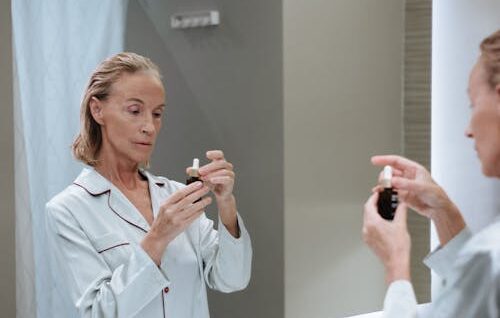
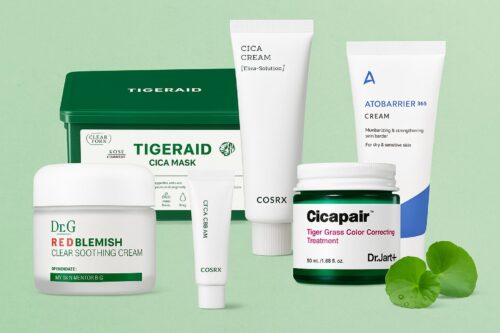
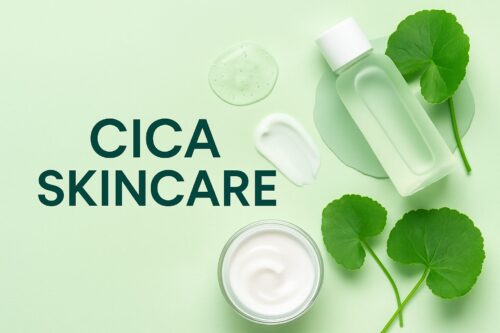
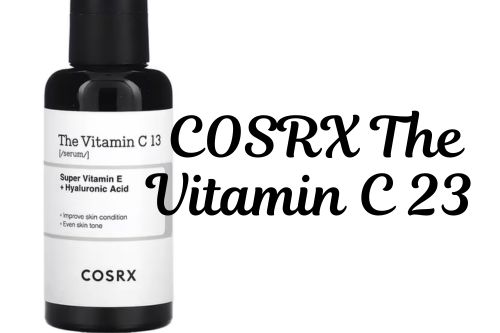

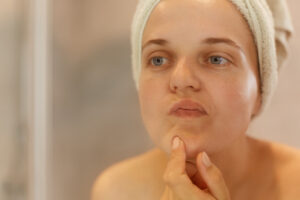
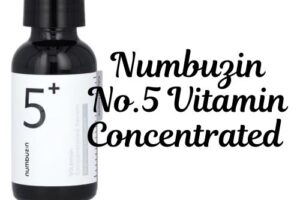
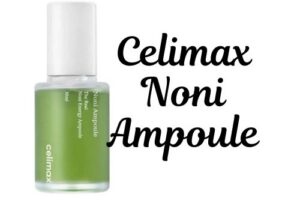
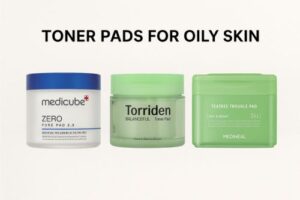
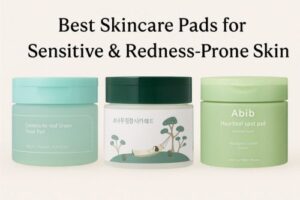
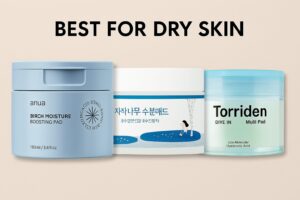
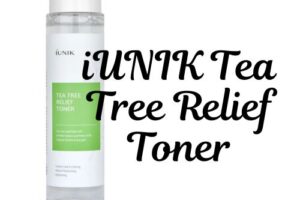
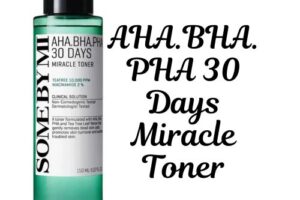
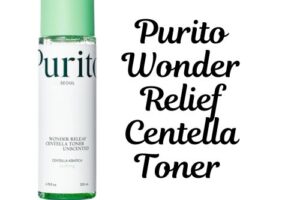
Post Comment